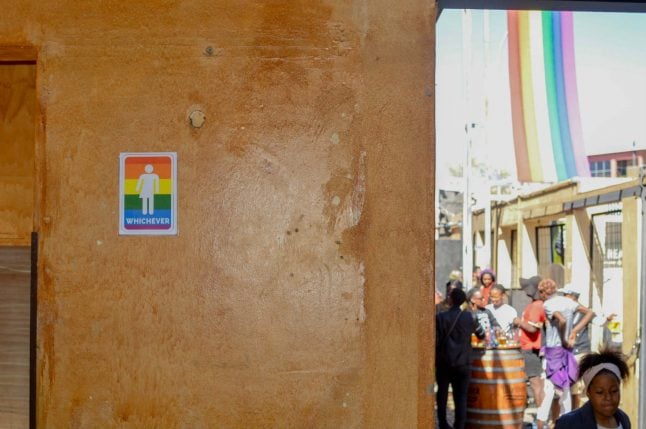The Ugandans – a gay man and two lesbian women – were invited by the LGBT Denmark organisation to speak about their work on a Danish-supported project for homosexual people in the African country.
But the three were denied visas, partly because authorities were concerned they would not returned home after the 15th-20th August event, reports the Politiken newspaper.
LGBT Denmark’s project manager Susanne Branner Jespersen told Politiken that the decision not to issues visas by Danish authorities could be considered discriminatory.
“It is absurd that no consideration is taken as to what they are coming here for and that we have vouched for them. We have made our own assessment as to who we believe will travel home again, since we are well aware of the risk of people from countries like Uganda not doing so,” Jespersen said.
According to Politiken’s report, the decision not to issues visas to the three Ugandans was based in part on their young age, marital status and the fact that they are not land owners – although the latter is disputed by Jespersen, who said that the two women do in fact own land in Uganda.
“It is not possible for homosexuals to marry in Uganda. So this is a rejection on the basis of a status they cannot possibly achieve. That is a discriminatory practice in itself,” she said.
Jespersen added that marrying someone of the same sex in Uganda carries the risk of “life imprisonment”.
Denmark’s visa processing in Uganda is outsourced to Norway’s embassy in Kampala, which processed and rejected the applications, according to the report.
LGBT Denmark and one of the two female applicants have submitted appeals against the decision.
Amnesty International, which has also invited the three activists to speak at Copenhagen Pride, called the visa rejections “shameful”.
“The Danish government supports both in words and actions LGBT rights in Uganda and many other countries and it is therefore important that it also supports human rights activists that actually put their lives at risk for the rights of homosexuals in Uganda,” Amnesty Denmark’s programme manager Helle Jacobsen told Politiken.
Opposition politician Sofie Carsten Nielsen of the Social Liberal (Radikale Venstre) party told new agency Ritzau that the government should intervene in the issue.
“It is important, because there are countries around the world, including Uganda, that do not recognise that homosexual, bisexual and trans people have the same rights as others,” Carsten Nielsen said.
In 2016, seven Ugandans were granted asylum in Denmark and 33 rejected, including a number in which homosexuality formed part of the basis for application, according to Politiken’s report.
READ ALSO: Denmark maintains positive record on LGBTI rights



 Please whitelist us to continue reading.
Please whitelist us to continue reading.